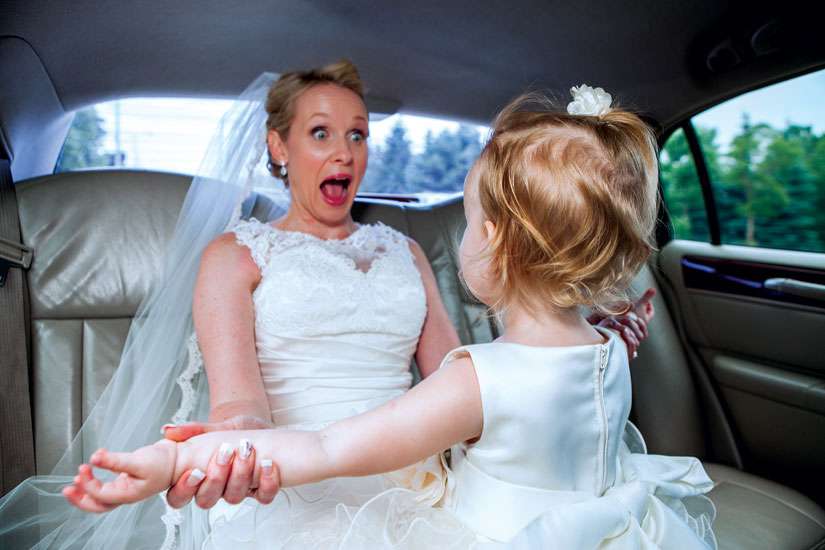But with a camera, in the language of light, Moussa Faddoul’s motherhood statements acquire depth — sometimes even a capacity to surprise.
When Faddoul set out to put together his entry into Contact, Toronto’s massive annual photography festival, he didn’t expect motherhood would be his theme, even though the event overlaps with Mother’s Day.
“It worked backward for me. I wasn’t out to do an essay (about motherhood),” Faddoul told The Catholic Register.
It was only after searching through the folders of his favourite photos that Faddoul saw his theme emerge.
When he looked at his best work, it was from all over the world — the product of his travels in Africa, Latin America, the Canadian Arctic and the Middle East. But they weren’t landscapes, architecture, exotic animals and nature. The best pictures captured ordinary people in the middle of daily life.
When he got down to the pictures of mothers he began to see how fragile, tender and threatened the relationship between mothers and children can be when it must struggle against poverty and daily chaos in the developing world. But the dedication of mothers to their children is the same everywhere. Canadian mothers delight in their children no less and no more than Iraqi mothers who must protect their children from the war with the Islamic State or African mothers for whom everything from health care to their family’s daily bread is uncertain.
As a frequent videographer and photographer for Context With Lorna Dueck, the CBC program about faith and culture, Faddoul had an advantage going into this year’s Contact Photography Festival, the largest annual photography event in the world featuring more than 175 photography shows throughout the city. When Faddoul told Dueck about his plans for a show in this year’s festival, she immediately offered her offices in the CBC’s Front Street headquarters.
Faddoul’s images of mothers and children around the world can be seen at 250 Front St. W., Monday to Friday, 10 a.m. to 5 p.m. until May 31. The La Madre show features 26 images from a collection of over 50 Faddoul hopes to develop into a book.
As Faddoul worked at sifting and sorting his trove of motherhood pictures, he discovered that he had been photographing something more than the biological fact of motherhood. In the most compelling photos there was always a physical connection, visible or implied, between mothers and their children.
“It’s the connection, the relationship, the touch, the interaction. It’s all these things,” Faddoul said. “A relationship between a mother and her kids is never without touching or connecting.”
The 42-year-old Faddoul became a photographer by accident while trying to become a Jesuit.
As a novice in 2004, he found the inspiration for his career in his novice master, Fr. Mike Harter. An accomplished Jesuit photographer, Harter used photography both to document the community life of novices in St. Paul, Minn., but also to teach the young Jesuits a way of seeing themselves.
“I said, ‘That’s amazing. I want to do that.’ So I started borrowing his camera,” recalled Faddoul. In the end Harter helped Faddoul discern a future outside religious life as a photographer.
“He inspired me,” Faddoul said.
Faddoul makes his living primarily as a wedding and portrait photographer. Occasionally he freelances as a videographer for broadcasters and corporate clients. But whatever job he’s on, he’s always looking for opportunities to capture moments that add life to his days. His instincts are for street photography.
“In my heart, let me out on the street with a camera. Surprise me with moments. I want to capture those.”


